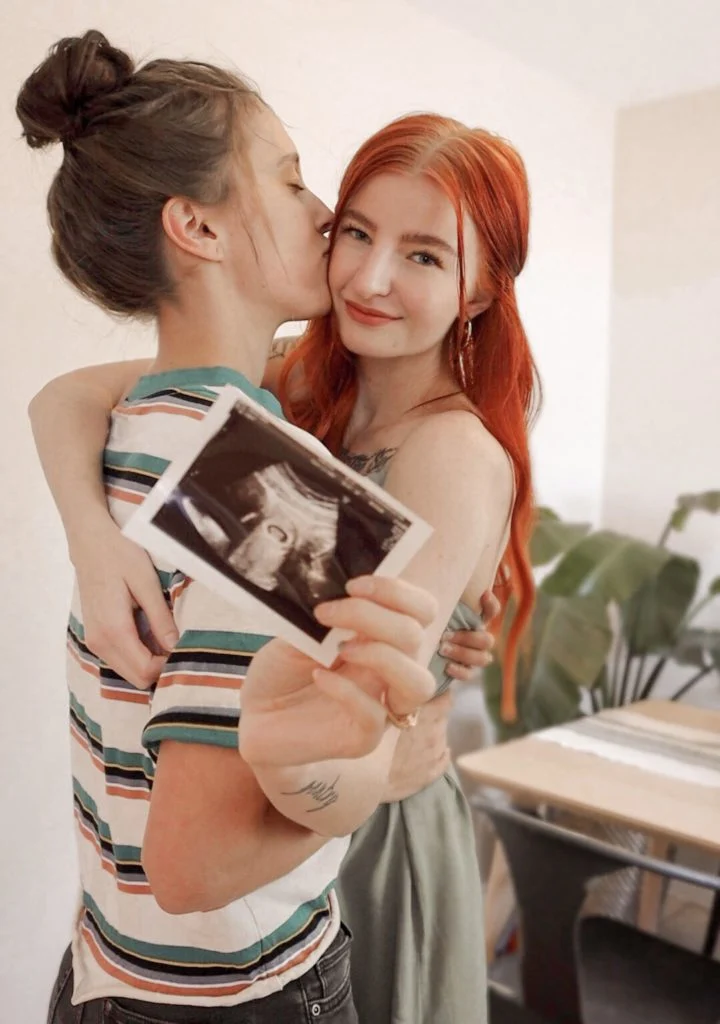“Mom, I want a gravestone with writing! I want people to remember me,” my daughter Emma said, tears streaming down her face and soaking into the polka dot pillowcase beneath her cheek. At almost 11, she should be more focused on birthday parties and sleepovers, not planning her own memorial. Emma is full of laughter, loves Taylor Swift, and yet, she’s suddenly grappling with thoughts of death. It seems to be one of the unexpected emotional twists of growing up. I’ve found myself reflecting on the worries from my own childhood and how they’re resurfacing now as I parent.
In today’s world, where news of tragedy is just a click away, conversations about death are unavoidable. I try to manage what news my kids see, yet it’s becoming increasingly difficult. It feels more challenging to navigate discussions about mortality than it is to convince a toddler to eat their veggies or take a nap.
My own concerns about death began when I was around Emma’s age. I remember being consumed by thoughts of losing loved ones, particularly after hearing stories of tragedy that left a mark on my young mind. It’s hard not to feel for Emma when I recall my own childhood fears.
Her worries have prompted me to confront topics like religion, the afterlife, and those whispered promises of “don’t ever leave me.” “Mom, do you think there’s a Heaven?” she asked, her voice tinged with fear.
“I believe something happens after we die, and parts of us continue on,” I replied cautiously. “But what does that look like? Is it Heaven?” she pressed. I hesitated, unsure of how to balance truth with offering comfort.
“I think when we pass, we find peace and joy—maybe a moment from our happiest times,” I shared. “What was your happiest moment?” she inquired, her tears flowing more freely.
“I often feel my dad around me; his voice, his scent, and even his hugs come back to me,” I said. “It’s like he’s still here in a way. Does that make sense?”
Emma’s eyes widened with concern. “Grandma says that people can be reborn into new families. What if I can’t find you?”
I smiled gently. “Sweetheart, I would recognize you anywhere. It’s like when someone covers a song; you can still hear the original melody underneath. We’ll always know each other’s song.”
She nodded, still uncertain, but I could see a flicker of understanding. “Every day, I’m trying to make choices to stay healthy and teach you what you need to know. When I’m not here, I hope you can carry that with you,” I explained.
“What if I die before you? How will I find you?” The depth of her fear pierced my heart.
“I don’t know,” I admitted, tears welling up.
“Then what do we do?” she cried, her pain palpable.
I caressed her cheek, “We hold on to every moment we share. Our laughter, our love—those memories become our guide. You’ll never be lost.”
“I just want to be remembered and not feel alone,” she said softly.
“I don’t want you to feel alone either, sweetheart.” We embraced, tears mingling together, with her question still lingering in the air.
As we navigate these complex discussions, it’s crucial to create a space where feelings can be expressed and understood. If you’re interested in exploring more about family planning and home insemination, check out this insightful article on intracervical insemination. For those looking to dive deeper into the subject, Make a Mom is an excellent resource for understanding artificial insemination kits. You can also find valuable information regarding pregnancy on Healthline.
In summary, discussing mortality with our children can be challenging, but it’s essential for emotional growth. By embracing these conversations with honesty and love, we can help them navigate their fears and uncertainties.
